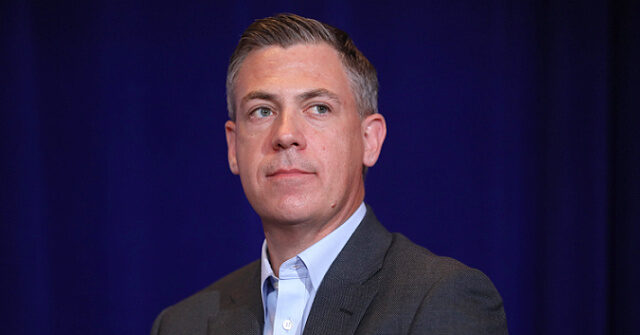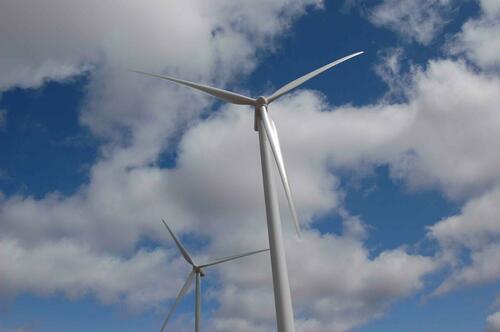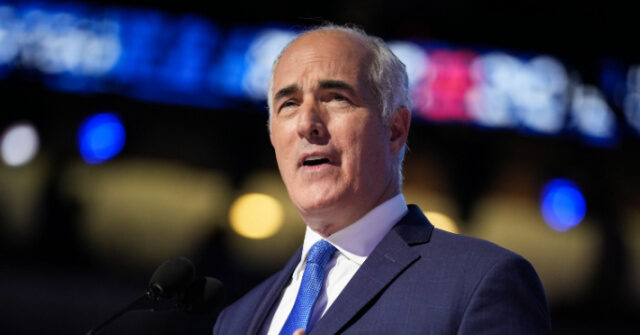Authored by Linnea Leuken & H. Sterlin Burnett via RealClearPolitics,
When electric power was a novel idea and just beginning to be adopted in urban centers, the industry had a Wild West feel to it as multiple companies strung wires, opened power plants, and sold electricity on an unregulated market. Competition was fierce, but state and local governments concluded that the inefficiencies and redundancies endangered the public and imposed higher costs.
So states set up service territories with monopolistic or oligopolistic service providers, who were entrusted with providing reliable power and sufficient reserve for peak periods in return for being guaranteed a profit on rates proposed by the utilities but approved or set by newly established state public utility commissions (PUCs). These commissions were charged with ensuring public utilities served the general public universally within their territory, providing reliable service at reasonable rates.
Much has changed since then. Politicians began to supplant engineers to decide, based on self-interested calculations, what types of power should be favored and disfavored, and what types of appliances and modes of transportation Americans could use. As the 21st century dawned, a new consideration entered the picture: Climate change.
Under the banner of combatting global warming, utilities were at first encouraged and then coerced into adopting plans and policies aimed at achieving net zero emissions of carbon dioxide. The aim of providing reliable, affordable power – the rationale for the electric utilities’ monopolies in the first place – was supplanted by a controversial and partisan political goal. Initially, as states began to push renewable energy mandates, utilities fought back, arguing that prematurely closing reliable power plants, primarily coal-fueled, would increase energy costs, compromise grid reliability, and leave them with millions of dollars in stranded assets.
Politicians addressed those concerns with subsidies and tax credits for renewable power. In addition, they passed on the costs of the expanded grid to ratepayers and taxpayers. Effectively, elected officials and the PUCs, with a wink and a nod, indemnified utilities for power supply failures, allowing utilities to claim that aging grid infrastructure and climate change were to blame for failures rather than the increased percentage of intermittent power added to the grid at their direction.
Today, utilities have enthusiastically embraced the push for renewable (but less reliable) resources, primarily wind and solar. PUCs guarantee a high rate of return for all new power source (wind, solar, and battery) installations, which has resulted in the construction of ever more and bigger wind, solar, and battery facilities. The costlier, the more profitable – regardless of their compromised ability to provide reliable power or the cost impact on residential, commercial, and industrial ratepayers.
A new report from The Heartland Institute demonstrates the significant financial incentives from government and financiers for utilities to turn away from affordable energy sources like natural gas and coal, and even nuclear, and instead aggressively pursue wind and solar in particular. All of this is done in the name of pursuing net zero emissions, which every single major utility company in the country boasts about on their corporate reports and websites. Reliability and affordability come secondary to the decarbonization agenda.
Dominion Energy is a good example, as they are one of the most aggressive movers on climate-focused policy. Dominion CEO Robert Blue speaks excitedly about government-forced transitions to a wind- and solar-dominated grid in interviews. During one interview with a renewable energy podcast, he said:
“[S]ometimes the government needs to focus on outcomes. We’re trying to address a climate crisis, and we are going to need to move quickly to do that.” In the same interview, he expressed enthusiasm about federal policy that would achieve a government-directed transition.
And why wouldn’t he? Dominion, like most utilities, is granted government tax credits and guarantees on returns for investing in large, expensive projects like offshore wind, the most expensive source of electric power. The bigger the project, the bigger the profit with guaranteed returns.
Also, onshore wind companies have received special “take limits” from the Fish and Wildlife Service to kill protected bald eagles and golden eagles, while prosecuting oil companies if birds are injured or killed on their sites.
Net zero policies are not the environmental panacea that climate change activists proclaim. Industrial-scale wind and solar use substantially more land than conventional energy resources, disrupting ecosystems and destroying wildlife habitats in the process.
And despite recent technological advances, wind and solar are still not dispatchable resources, meaning they cannot provide consistent power at all times needed. Refuting claims made by environmentalists and utilities that wind and solar are the cheapest sources of electric power, costs have risen steeply as the use of wind and solar has increased. Customers of Duke Energy in Kentucky, for example, are paying 78% higher rates in the wake of coal-fired plant closings.
Politicians and utilities are pushing for even more electrification for appliances and vehicles despite the fact that Federal Energy Regulatory Commission officials have repeatedly warned in recent years that adding more demand for electric power while replacing reliable power sources with intermittent renewables is destabilizing the power system.
It appears that the utilities prioritize short-term profits over grid reliability or keeping costs reasonable – and the government officials who are supposed to keep them in check are only encouraging them. It doesn’t need to be this way. The U.S. grid was not always this way. Only in recent years, with the obsessive pursuit of net zero, have rolling black and brownouts become so common.
Today, utility companies are sending lobbyists to conservative policymakers in order to convince them that the utilities have our best interests in mind. Their track record tells another story. Meanwhile, Americans have less reliable electricity at higher costs.
Linnea Lueken (llueken@heartland.org, X: @LinneaLueken) is a research fellow with the Arthur B. Robinson Center on Climate and Environmental Policy at The Heartland Institute.







